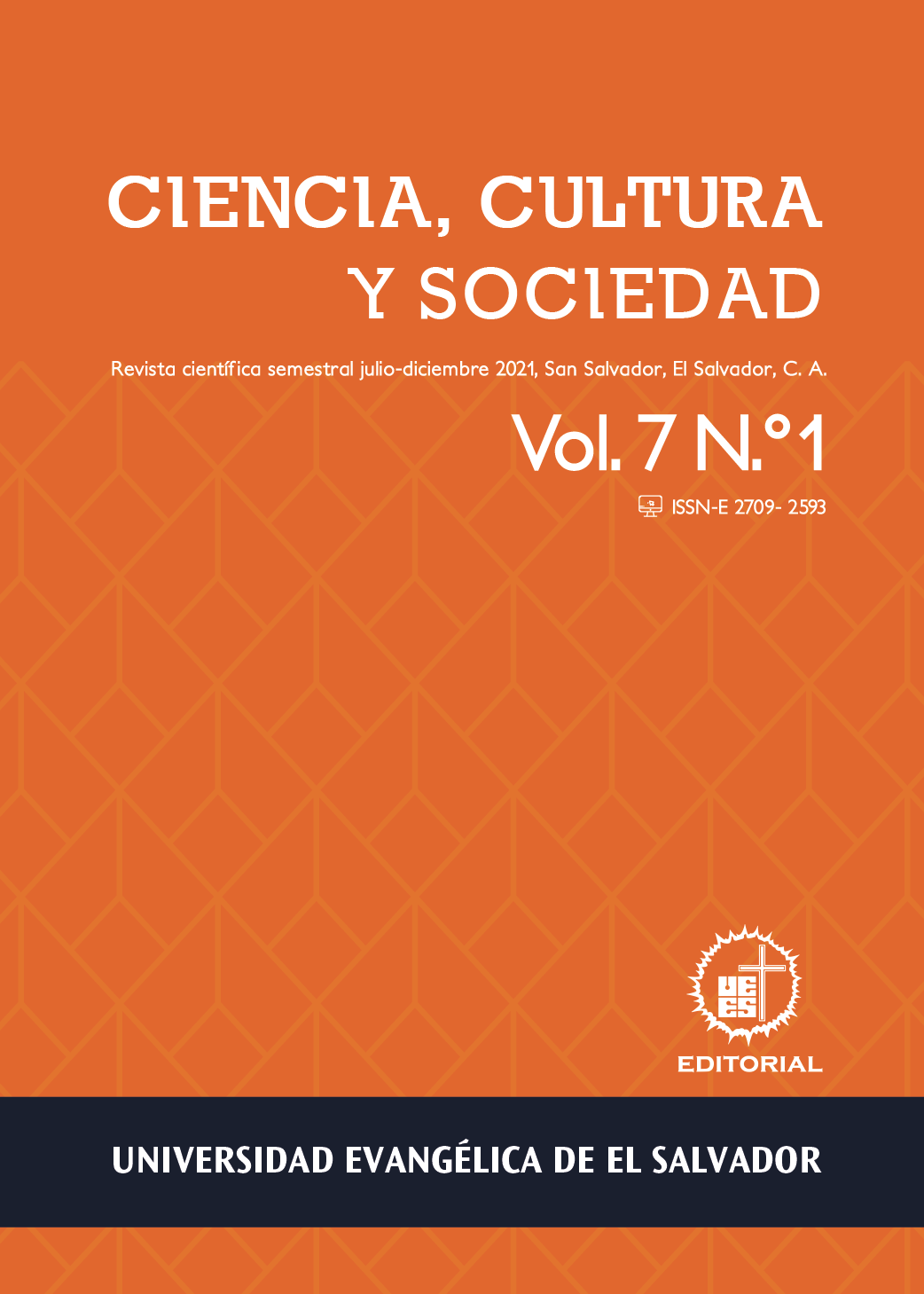Design of a protocol to develop resilient skills in students of the Proezas Integral Development Center
DOI:
https://doi.org/10.5377/ccs.v7i1.13289Keywords:
Protocol, resilient skills, Acceptance and commitment therapy, verbalizations, El SalvadorAbstract
The design of this research project has as its fundamental purpose the design of a protocol to promote the development of resilience in a population of children and adolescents from 9 to 14 years of age. A non-experimental, descriptive research was carried out with 67 NNA (voluntary subjects) from the Integral Development Center ES/976 to offer
a response to the needs detected and suggest lines of work and research in future interventions. The level of resilience was obtained by applying the Scale of School Resilience (Salvadoran) in which the protective and risk factors of the participating population were determined. It was also identified that of the entire population evaluated, 49% (average 12 years) obtain a low level of resilience (percentiles from 1 to 25). The dimensions of ERE-S with predominance in low scores (risk factors) are related to generativity-learning, external resources, networks-models. The areas that can be enhanced, because their predominance is in average scores (protective factors), are identity-self-esteem and internal resources. In conclusion, the importance of developing resilient skills in children and adolescents (from 9 to 14 years old) is observed through a model based on ACT and MVR, in which aspects such as pain and suffering will always be present in the life of the human being
Downloads
293
Downloads
Published
How to Cite
Issue
Section
License

This work is licensed under a Creative Commons Attribution-NonCommercial 4.0 International License.
The authors give to the copyright to the journal Ciencia, Cultura and Sociedad, and copyright in all forms and media, to be notified of acceptance of your article. The authors can publish their articles in another journal after a semester published in this volume. The content of the articles is the sole responsibility of the authors. To refer to the articles correctly quote the authors.

Ciencia, Cultura y Sociedad articles are published in open access and are under a Creative Commons Attribution-NonCommercial 4.0 International License.

